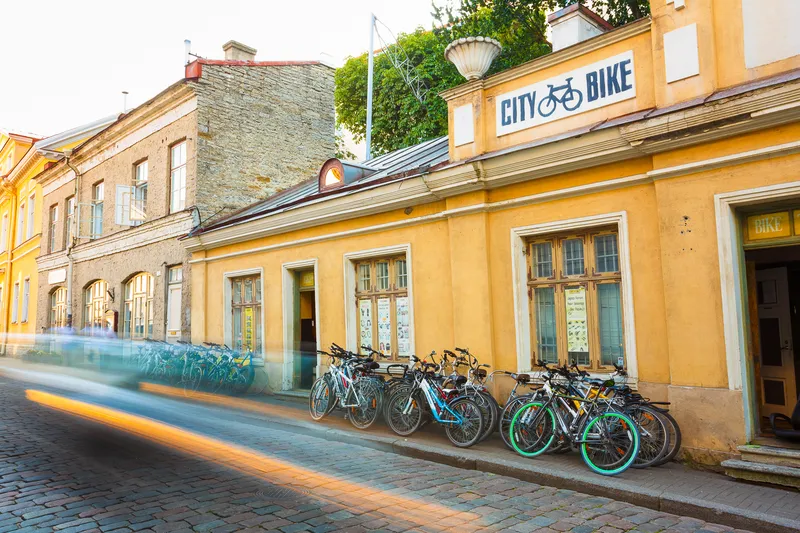The Dutch energy utility Essent, a wholly owned subsidiary of RWE AG, has been asked by Amsterdam City Council to install at least 125 charging stations for electric vehicles, but the delivery may be extended up to 750 charging points.
May 21, 2012
Read time: 1 min
The Dutch energy utility 5653 Essent, a wholly owned subsidiary of RWE AG, has been asked by Amsterdam City Council to install at least 125 charging stations for electric vehicles, but the delivery may be extended up to 750 charging points.
Amsterdam City Council has ambitious environmental targets and is planning for 10,000 electric vehicles by 2015. The city already has about 100 publicly accessible charging points, which makes Amsterdam one of Europe's trendsetters in the introduction of electric mobility.
"This contract is very important for Essent and RWE. It's the first time in the Netherlands that electric mobility will cover an entire city and become part of the scenery," says Peter Terium, CEO of Essent.
Amsterdam City Council has ambitious environmental targets and is planning for 10,000 electric vehicles by 2015. The city already has about 100 publicly accessible charging points, which makes Amsterdam one of Europe's trendsetters in the introduction of electric mobility.
"This contract is very important for Essent and RWE. It's the first time in the Netherlands that electric mobility will cover an entire city and become part of the scenery," says Peter Terium, CEO of Essent.










